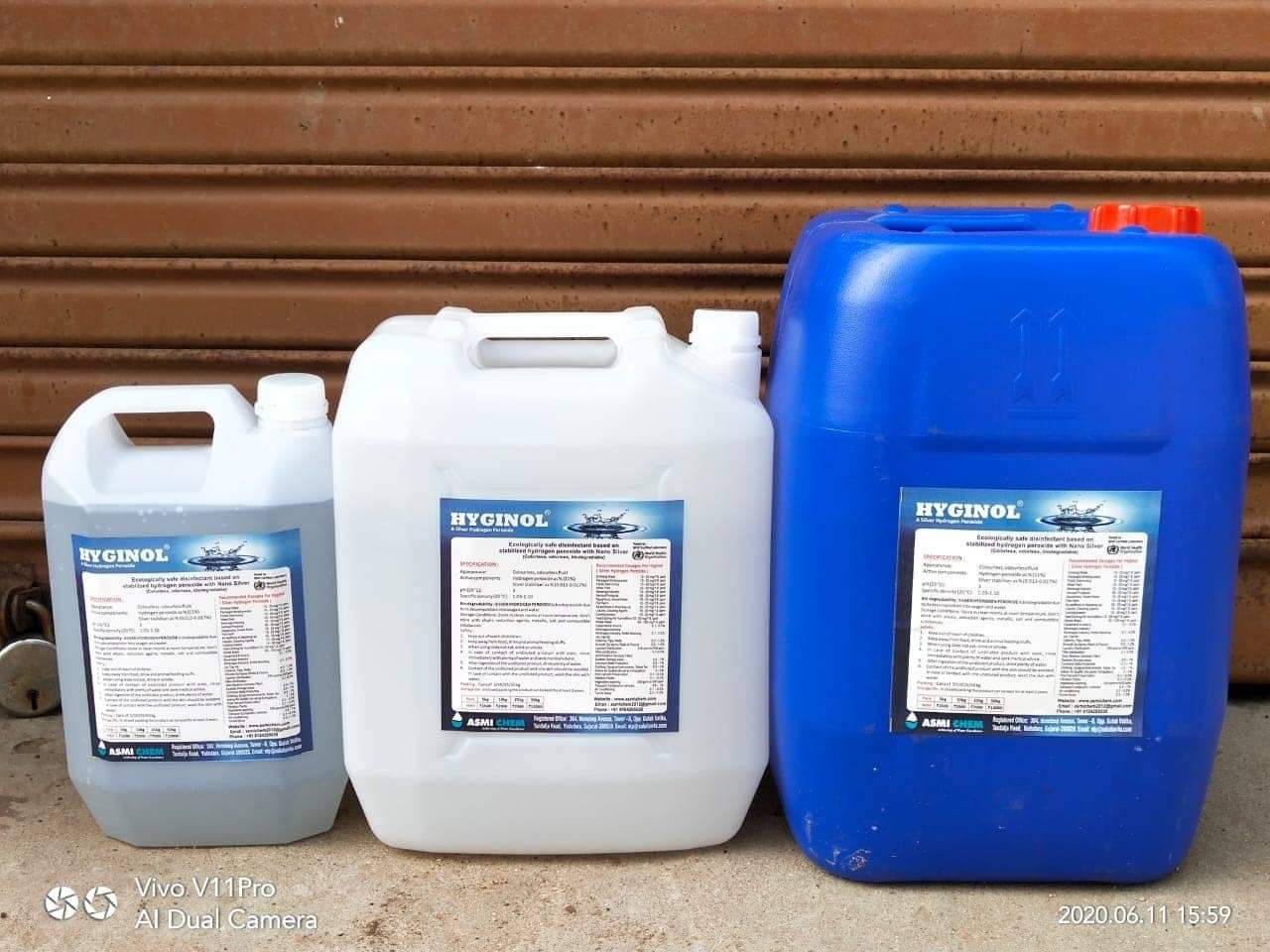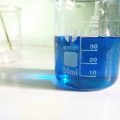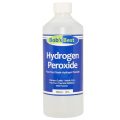Most of us are familiar with the word “expiry” which is defined by Oxford Dictionaries as “the end of the period in which something is valid.” However, manufacturers have come up with a list of other terminologies, which is useful to know when managing expired products. Here are some of the more widely used terms used:
Expiration or shelf-life dated product: This is a product that is expected to meet its specified properties only when stored under manufacturers’ defined conditions.
Recommended retest dated product: This is essentially the same as an expiration dated product. The catch is, however, that the expiration date may be extended following a retest and review of the product’s quality.
Product without retest or expiration dates: This is a product with no indication that it can become unstable, but product retest is recommended every few years for quality control.
What is hydrogen peroxide?
Hydrogen peroxide is a mild antiseptic used on the skin to prevent infection of minor cuts, scrapes, and burns. It may also be used as a mouth rinse to help remove mucus or to relieve minor mouth irritation (such as due to canker/cold sores, gingivitis).
This product works by releasing oxygen when it is applied to the affected area. The release of oxygen causes foaming, which helps to remove dead skin and clean the area. This product should not be used to treat deep wounds, animal bites, or serious burns.
Hydrogen peroxide is active against a wide range of microorganisms, including bacteria, yeasts, fungi, viruses, and spores. A 0.5% accelerated hydrogen peroxide demonstrates bactericidal and virucidal activity in 1 minute and mycobactericidal and fungicidal activity in 5 minutes.
How to use Hydrogen Peroxide Solution
Follow all directions on the product package. If you have any questions, ask your doctor or pharmacist.
Do not use in the eyes or apply over large areas of skin. If you are using this product on the skin, clean the affected area before use. Apply a small amount of product on the affected area, usually 1 to 3 times daily or as directed by your doctor. If you apply a bandage after using this product, let the area dry first.
If you are using this product as a mouth rinse, mix with an equal amount of water before using. Swish in the mouth over the affected area for at least 1 minute, then spit out. Do not swallow this product. Rinse up to 4 times daily or as directed by your dentist or doctor.
Does hydrogen peroxide expire?
Yes, According to Healthline, hydrogen peroxide expires and becomes less and less effective over time. In fact, it starts to decompose even before you open it. In a closed container, it’ll eventually break down into water and oxygen gas.
When the oxygen gas escapes through the top of the container, only water is left in the container. Of course, water isn’t an effective household cleaner or disinfectant.
An unopened container of hydrogen peroxide will last for around 3 years, but as soon as it’s opened, it’ll expire within 6 months.
You can check to see if hydrogen peroxide is still good by pouring a small amount down the sink and looking to see if it bubbles or fizzes. If it doesn’t cause this reaction, it’s likely no longer good.
Can you use expired hydrogen peroxide?
No, manufacturers do not guarantee that hydrogen peroxide strength after the expiration date is the same as before. Expired hydrogen peroxide does not necessarily pose an immediate health risk but it can fail to provide a proper antiseptic effect when used. But it has its initial effect. For this reason, it may not kill many germs or prevent infection effectively.
Can expired hydrogen peroxide cause side effects?
Yes, there is an increased risk of side effects from expired hydrogen peroxide due to the changes in composition. Check with your doctor or nurse immediately if any of the following hydrogen peroxide side effects occur:
More common
- Redness, blistering, peeling, or loosening of the skin
- skin burning, itching, pain, rash, stinging, or swelling skin ulcers
Less common
- Cracking or scarring of the skin
- thinning, weakness, or wasting away of the skin
Rare
- Eyelid swelling
- painful blisters on the trunk of the body
Some side effects may occur that usually do not need medical attention. These side effects may go away during treatment as your body adjusts to the medicine. Also, your health care professional may be able to tell you about ways to prevent or reduce some of these side effects. Check with your health care professional if any of the following side effects continue or are bothersome or if you have any questions about them:
More common
- Darkening of the skin
- dryness, peeling, or crusting of the skin
- lightening of normal skin color
- lightening of the treated areas of dark skin
Other side effects not listed may also occur in some patients. If you notice any other effects, check with your healthcare professional.
Call your doctor for medical advice about side effects. You may report side effects to the FDA at 1-800-FDA-1088.







